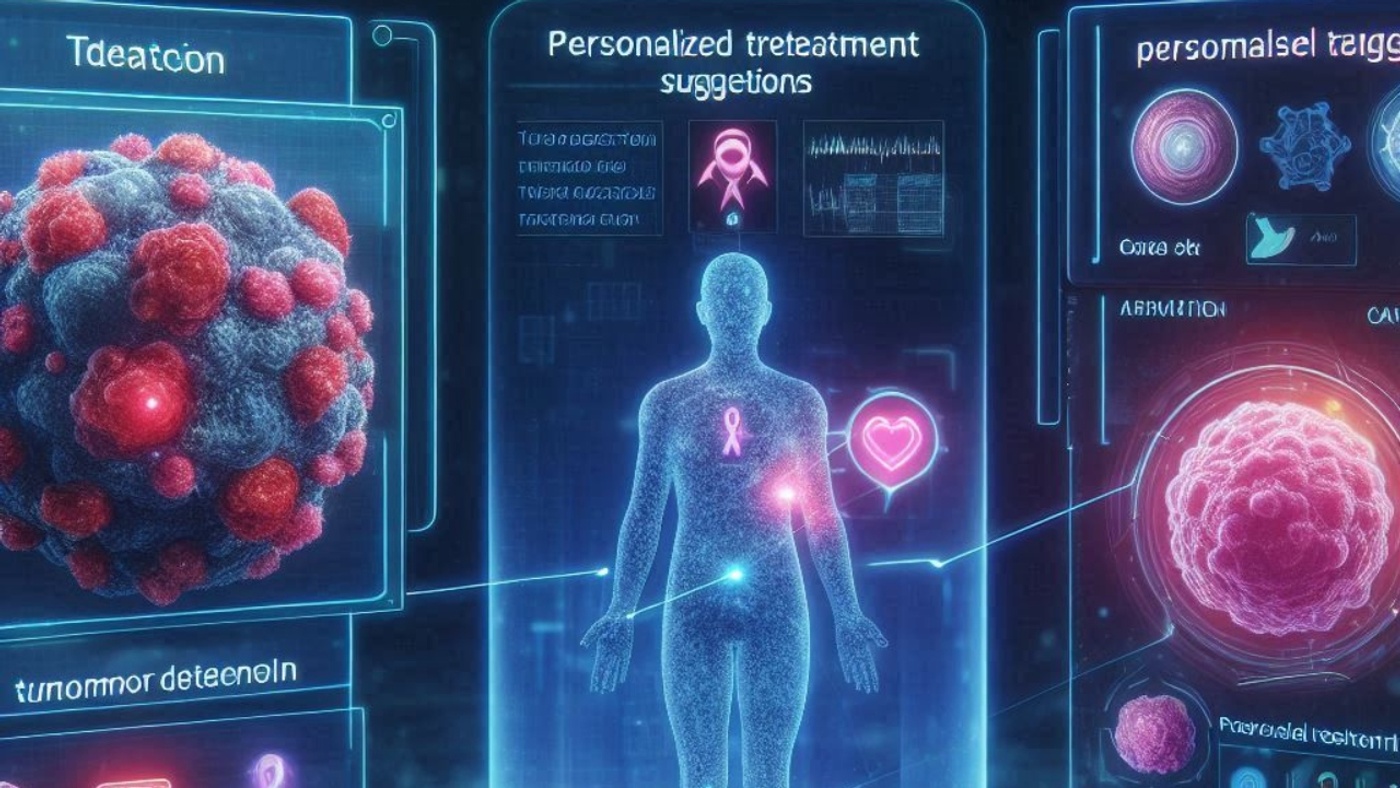Cancer treatment is a complex process due to the genetic variations that make each case unique. Different mutations and their effects in the body make a big difference in how patients respond to treatment. However, POLYGON, a new artificial intelligence algorithm developed by scientists, has become a new source of hope by significantly optimizing this process. POLYGON has successfully realized the creation of complex chemical models that require thousands of experiments in the early stages of drug development, thus speeding up the drug development process.
New Cancer Drugs Developed with POLYGON

The 32 potential cancer drugs developed using POLYGON stand out with their ability to recognize molecules with multiple targets. These drugs can simultaneously target and destroy cell structures that have emerged or metastasized in different parts of the cancer. Trey Ideker, lead author of the study, notes that developing these drugs is difficult and costly, especially finding drugs that focus on multiple targets. Ideker emphasizes that the new technology paves the way for the discovery of multi-targeted drugs based on scientific data without leaving it to chance.
AI can generate original chemical formulas using a database of billions of bioactive molecules, based on their chemical properties and interactions with target proteins. This is a major innovation in the drug development process. The findings show that POLYGON has successfully developed drugs that can trigger the death of cancer cells by interacting with critical cellular signaling proteins such as MEK1 and mTOR. This study provides a concrete example of how artificial intelligence can revolutionize health sciences and Nature Communications and attracted great attention in the scientific world.


